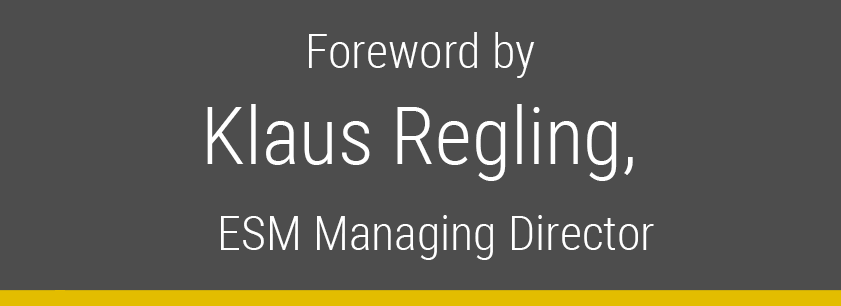Foreword by Jean-Claude Juncker - President of the European Commission

At 20 years young, the euro has already come a long way. A generation ago, it would have been unthinkable for 340 million Europeans in 19 countries to share a currency.
Our single currency has always been more than the notes and coins in our pockets and wallets. It is the symbol of unity and the promise of prosperity and protection. It allows us to enjoy stable prices, lower transaction costs, protected savings, more transparent markets and increased trade. It creates jobs at home and gives Europe more influence in an increasingly competitive world.
It was not always easy – quite the opposite. As someone who was there from the start, I witnessed the ups, downs, and teething problems that our Economic and Monetary Union went through. The financial crisis that started in 2007 did not originate in Europe, but it hit us harder than any other event since World War II. Jobs were lost, economies shrank, and confidence was shaken.
Europe learned some hard lessons – and it had to act decisively to put right what had been exposed as being insufficient. Euro area countries had to stand up to better protect Europeans and their currency. Emergency measures were taken to provide new financial safeguards and support the countries most affected.
As the president of the Eurogroup at the time, I was among the policymakers who decided to set up the European Financial Stability Facility (EFSF) and I was happy that we were able to recruit Klaus Regling to lead it. The EFSF and its permanent successor, the European Stability Mechanism (ESM), have played a decisive role in the stability of the euro area by serving as our firewall and supporting member states to regain or maintain access to sovereign bond markets. Let me pay tribute to all the ESM staff who contributed.
Thanks to the efforts of Europeans and resolute action at national and EU levels, the situation has turned: Europe’s economy has moved from recovery to expansion and unemployment is at record lows. Growth has spread to every part of Europe and more people are in work than ever before. Confidence and investment have returned. This shows that Europe is able to move forward when there is political will, unity, and determination. It is little wonder that popular support for the euro is now at record levels.
Having said this, the crisis has had a far-reaching impact, and there is always a risk of downturns on the horizon, so there should be no room for complacency. While we have made important reforms in recent years, we must get on with the job of completing Europe’s Economic and Monetary Union and equipping our single currency with the tools it needs to thrive.
As we look to the next chapter in the story of the euro, I believe the ESM should naturally graduate into a robust crisis management body, to be incorporated into EU law alongside other institutions. Having seen it grow since day one – and having worked closely with Klaus Regling and his team – I know that it will be more than up to the task.


